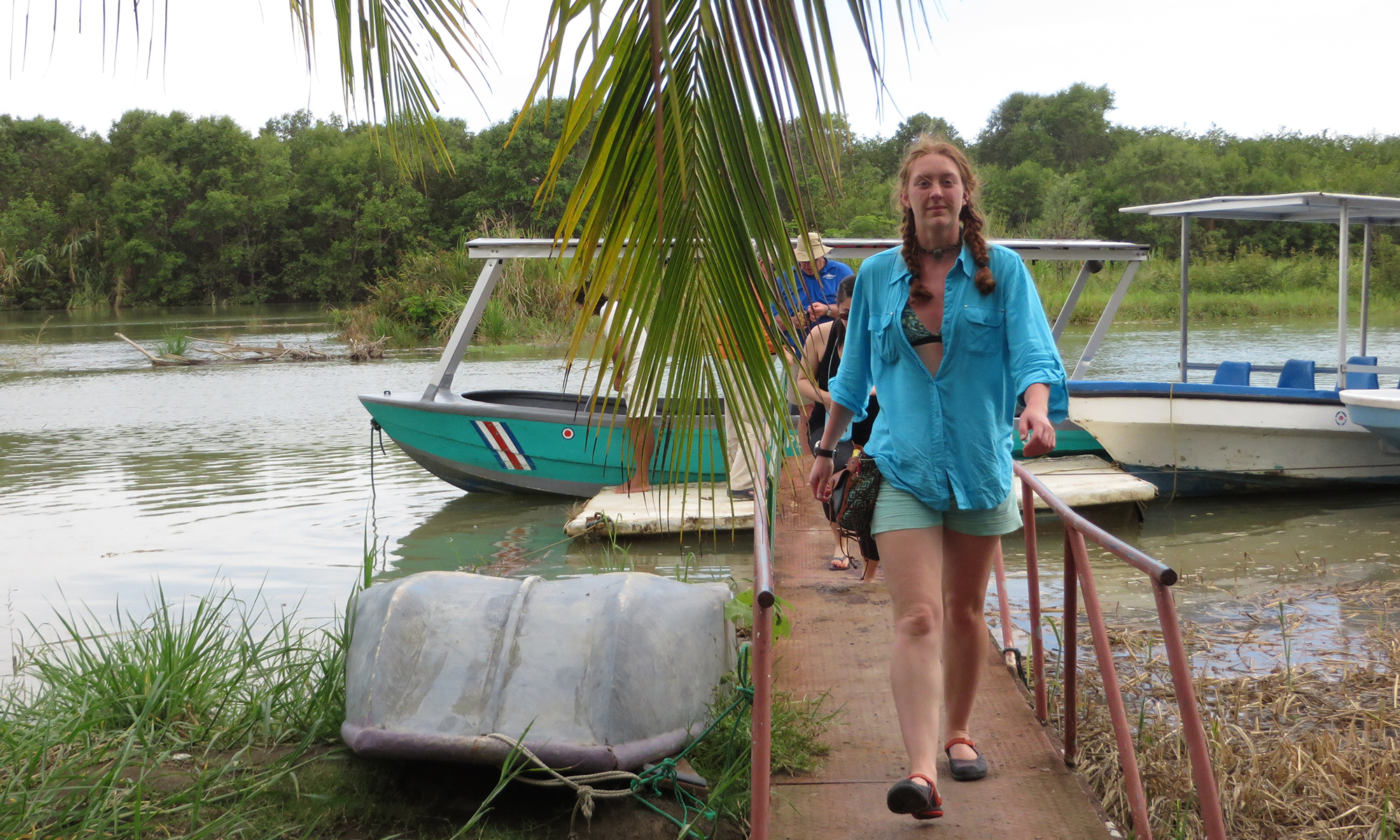 Today the world celebrates World Wetlands Day!
Today the world celebrates World Wetlands Day!
(ONE day?!? … wait… that’s OK, May makes up for that… the entire month is American Wetlands month… we’ll get really bogged down in them then… ![]() )
)
Wetlands are one of my favorite places… they are where land and water meet and (when healthy) life flourishes!
… “what” you ask “are wetlands?”
Wetlands are marshes, bogs, swamps, fens… wetlands are areas where water covers land (permanently or cyclically) in a way that it creates a distinct ecosystem ( ecosystem = a community of organisms [plants, animals, microbes, etc.] and its environment functioning as an ecological unit).

Before we get to describing some of the befits we enjoy from healthy wetlands, I’d like to share a few of *my* favorite wetlands:









… returning Coho salmon habitat. The salmon use flood waters/wetlands to access spawning grounds and the young use the nutrients provided… (photo: Chiara)
Wetlands are one of the most productive ecosystems in the world.
Wetlands provide food, water, and shelter… and not just for wild animals, for us also.
A quick review of the main benefits of wetlands:
Water Quality
Wetlands act as natural water filters, filtering out many pollutants and sediments.
Water Quantity and Impacts
Wetlands help to dampen the impact of storms and droughts, absorbing storm energy (decreasing erosion, turbidity, and the resulting sedimentation) and storing and slowing water flow (decreasing flood and drought).
In addition to slowing and storing water, wetlands also allow ground water recharge, critical for human water supplies.
Atmospheric Maintenance
Wetlands store carbon in their plants and soils, potentially moderating climactic impacts.

Habitat
Wetlands, of course, also directly provide habitat for many species (including fish, amphibians, reptiles, birds and mammals). Many other

animals also use wetlands for food and shelter (elk, moose, bear, etc).
Most of US waterfowl and commercial fisheries depend on wetlands.
In addition, about a third of all plants and animals listed as threatened or endangered in the US depend on wetlands to survive.The plants and microbes living in wetlands are also unique in many ways, many can only survive in specific types of wetlands.
Ecosystem Productivity
Certain wetlands are among the most productive ecosystems on earth and they also have an immediate impact on habitats *down stream*, effectively feeding them.
Recreational
Healthy wetlands are generally beautiful places, ideal for many recreational activities: hiking, water activities, bird watching, fishing, hunting, and photography.
(remember, we’ll explore more of The World Of Wetlands in May, American Wetlands Month!)

